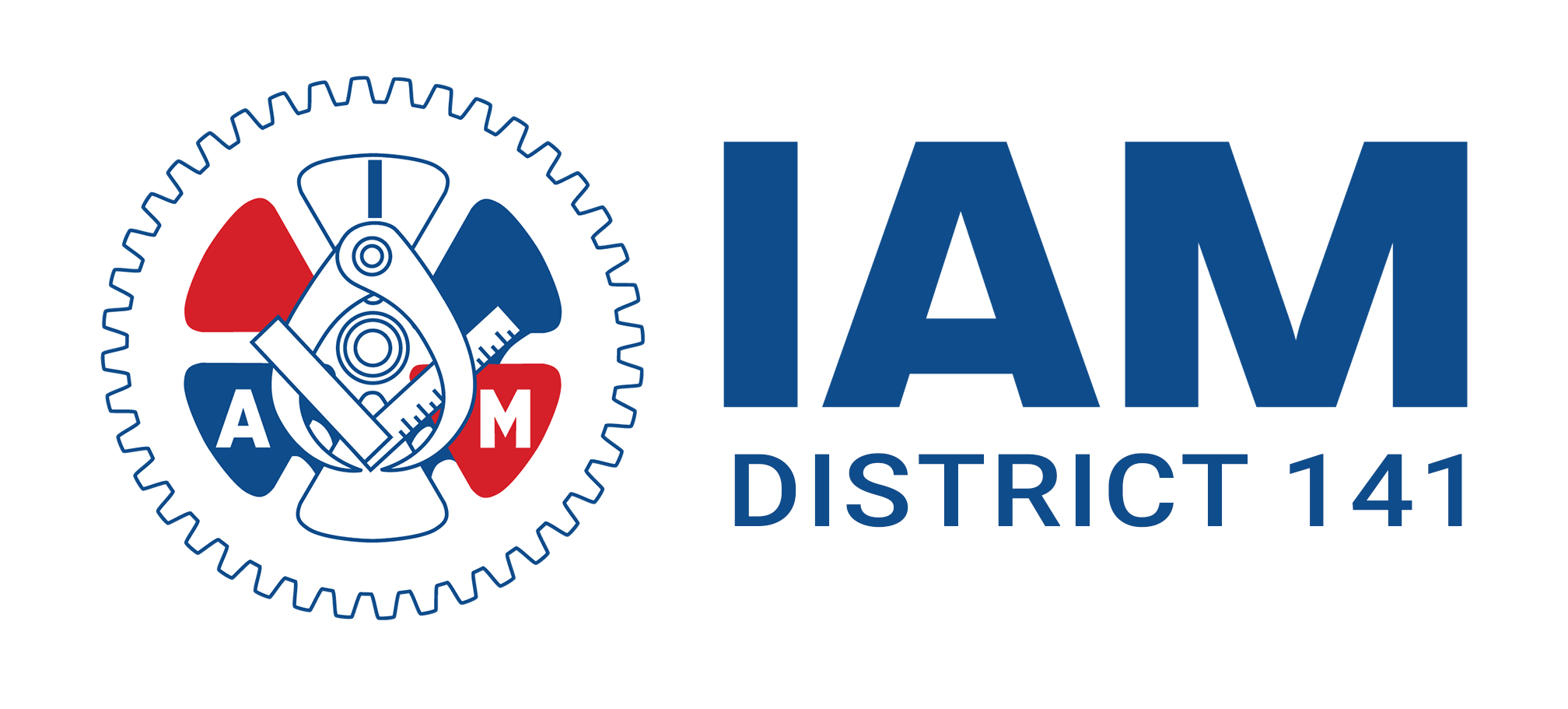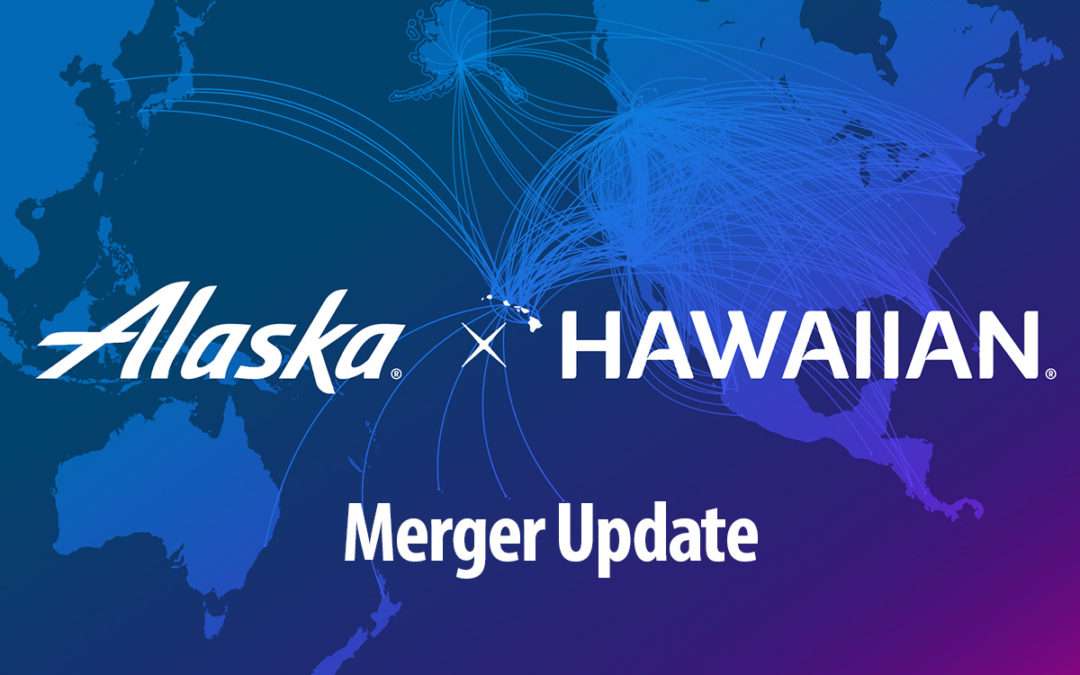
by Eric Price | Sep 30, 2024 | Featured, Front Page, Hawaiian, Row 2
Alaska Hawaiian Airlines Merger Update 30 September 2024 The IAM and the Alaska/Hawaiian Leadership teams met last week to discuss and negotiate a Transition Protocol Agreement (TPA) for the Alaska COPS and RSSA contracts and the Hawaiian COFPS contract. Negotiating a...
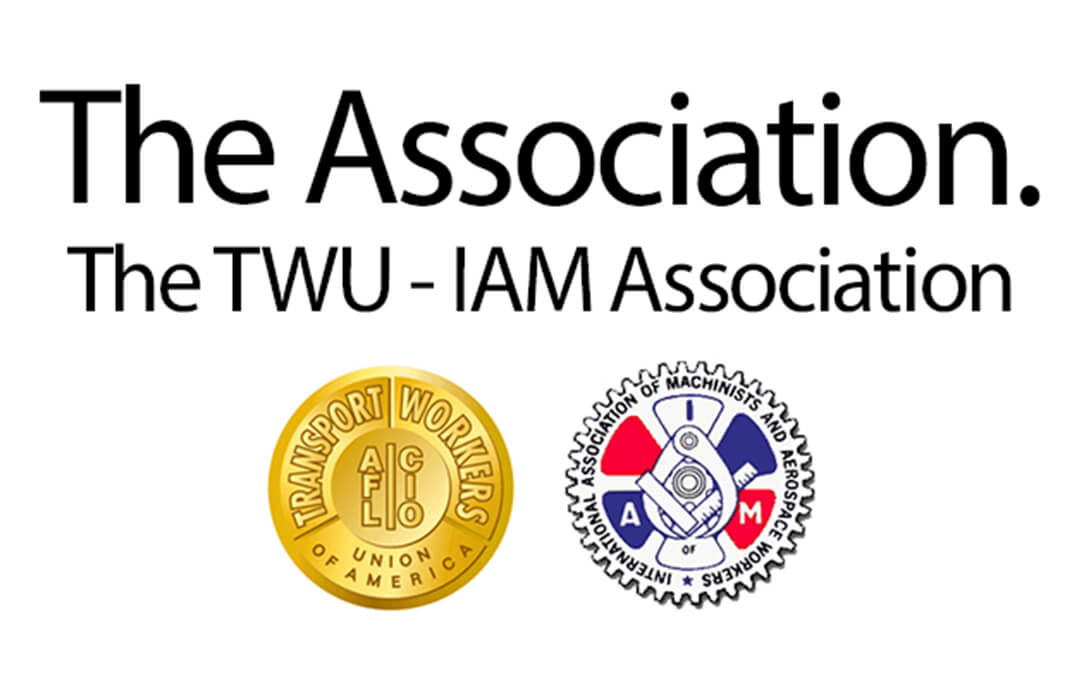
by Eric Price | Sep 25, 2024 | American, Featured, Front Page, Other News, Perusals, Recent News, Recent News, Row 2, The Association, Uncategorized
September 25, 2024 TO: All Association Sisters and Brothers RE: Contract Extension Vote The contract extension vote will be conducted by electronic voting through BallotPoint Election Services. Voting instructions and pin numbers will be sent to each member’s home...
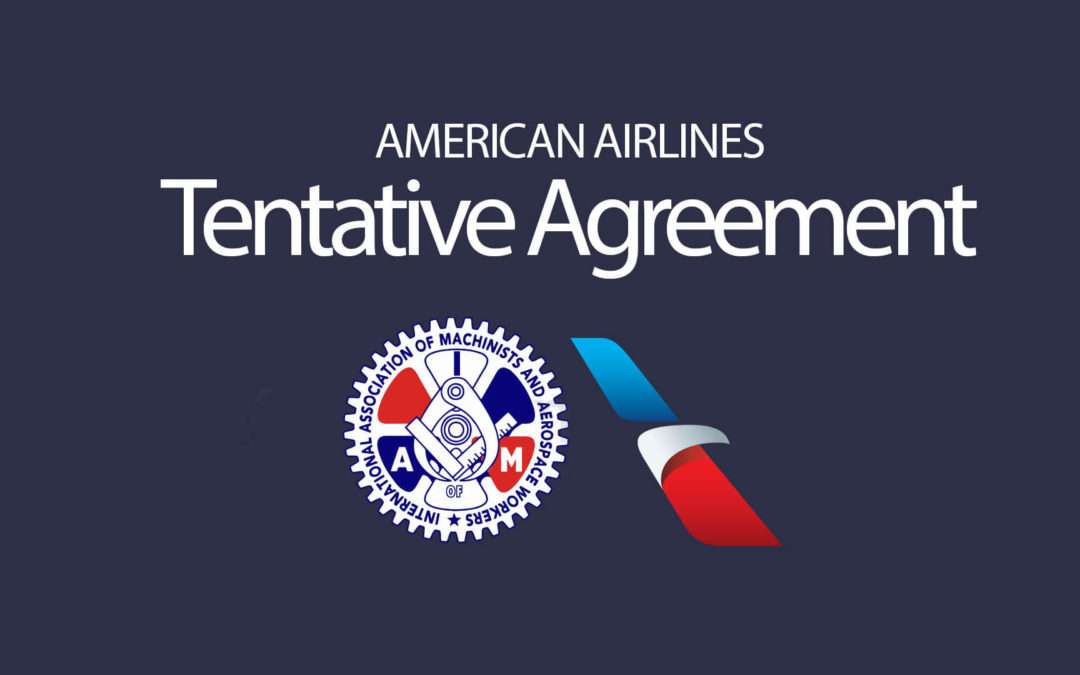
by Eric Price | Sep 23, 2024 | American, Featured News, Front Page, Perusals, Recent News, Recent News, Row 2
Tentative Agreement at American Airlines Will Create Industry-Leading Wages. 23 September 2024 Dear Sisters and Brothers, By now, you’ve probably seen that your Association negotiating team and American Airlines reached a tentative agreement (TA) last week. Over...
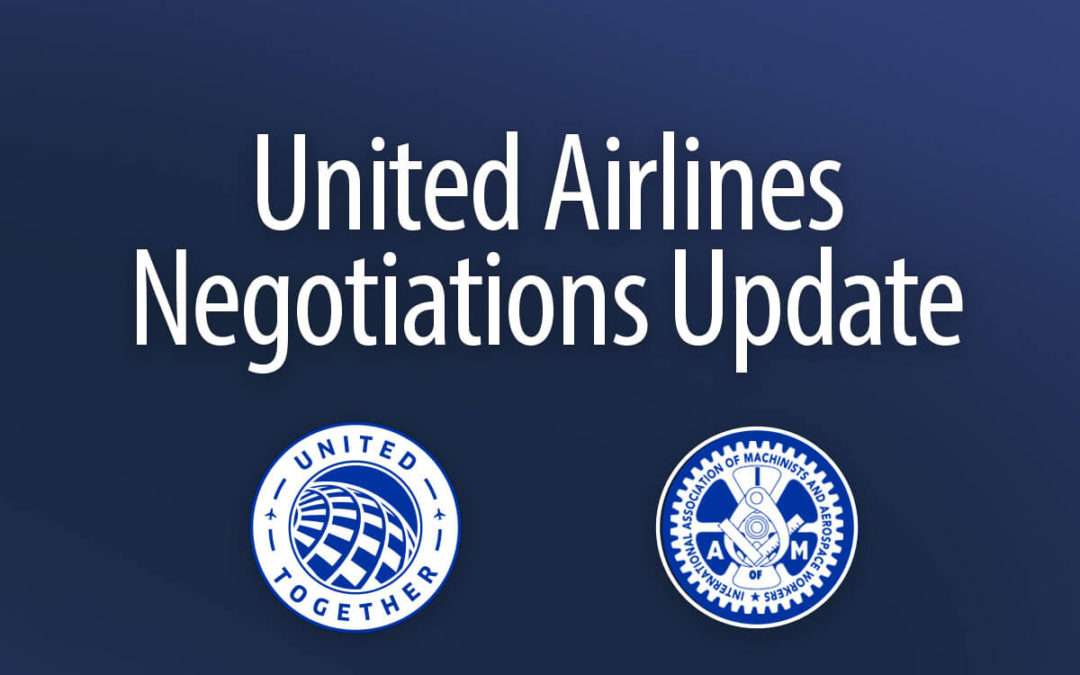
by Eric Price | Sep 17, 2024 | Featured, Front Page, Perusals, Recent News, Recent News, Row 2, United
United Contract Negotiations Update 17 September 2024 Dear Sisters and Brothers, Your IAM District 141 negotiating team and United Airlines management continued contract negotiations for seven different contracts last week in Chicago, Illinois. The District 141 sub-...

by Eric Price | Sep 13, 2024 | American, Featured News, Front Page, Other News, Recent News, Row 2, The Association
September 13, 2024 To Association Fleet Sisters and Brothers, The Association Fleet sub committee met with AA leadership on September 12th to discuss contractual issues unrelated to the economic extension proposals offered by management on August 27th and 28th. ...

by Eric Price | Aug 29, 2024 | American, Featured News, Front Page, Other News, Row 2, The Association
August 29, 2024 All Association Members: This will serve as the official update to the Association membership for M&R, MLS, MCT, MTS, and Fleet Service. As discussed in earlier communications, the Association met with American Airlines leadership this week to...







